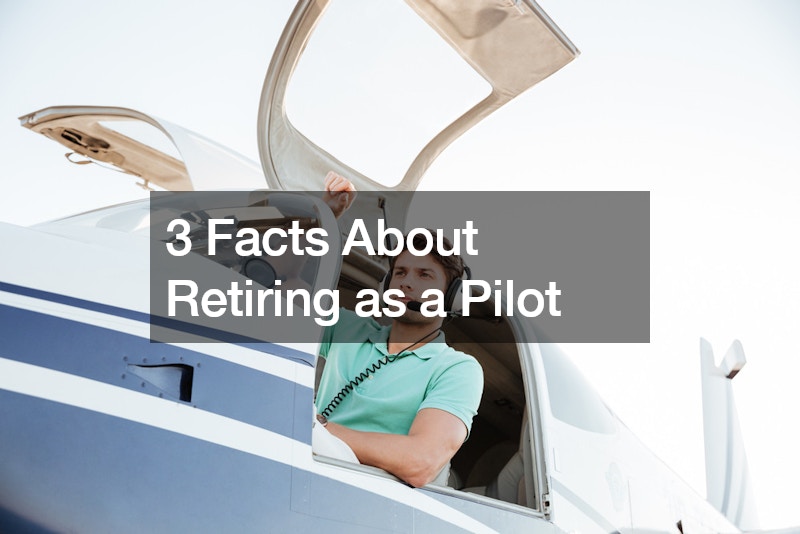
One significant fact about retiring as a pilot is the retirement benefits available. These benefits can vary widely depending on factors such as the airline you work for, your years of service, and the specific retirement plan offered. Many pilots receive pensions or participate in retirement plans that provide financial support after they stop flying. The YouTube video explores retirement planning for pilots.
Retired Pilot Benefits and Retirement Planning for Pilots
Another crucial aspect for retiring pilots is healthcare coverage. After retirement, pilots may have access to healthcare benefits through their former employer or retirement plans.
This coverage is essential for maintaining good health and addressing medical needs during retirement.
Retirement often entails significant lifestyle changes and adjustments. Pilots transitioning into retirement may have more leisure time, opportunities to pursue hobbies, and increased time to spend with family and loved ones. However, this transition also requires planning and adapting to a new routine outside the cockpit.
Financial planning is crucial for pilots approaching retirement. It includes assessing retirement savings and investments and creating a budget for post-retirement expenses. Seeking advice from financial professionals can help pilots make informed decisions and secure their financial future beyond their flying careers.
Retiring as a pilot involves considerations such as retirement benefits, healthcare coverage, and adapting to lifestyle changes. Planning and understanding these factors can help pilots transition into retirement and enjoy a fulfilling, post-flying life.
.


